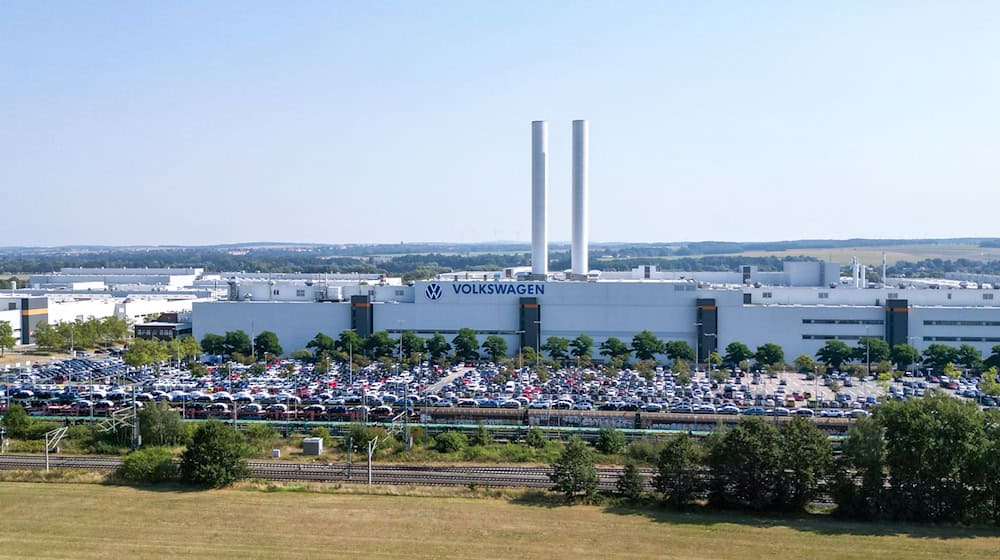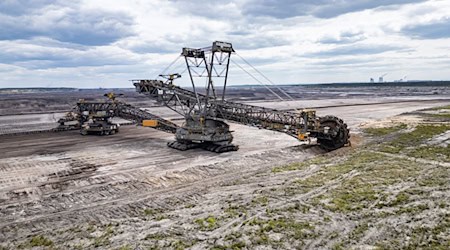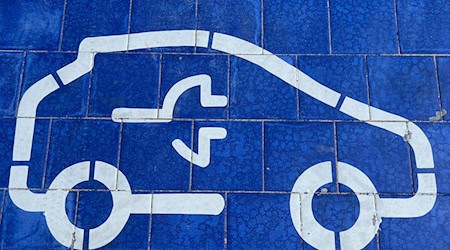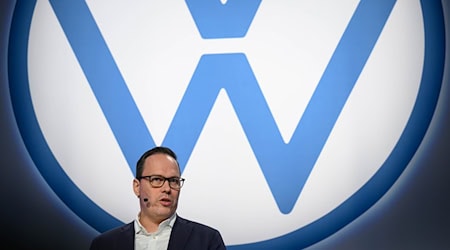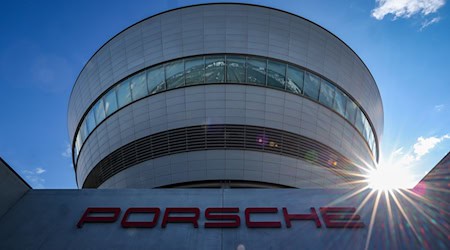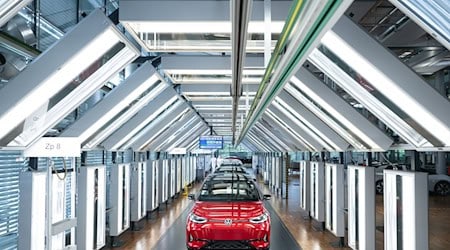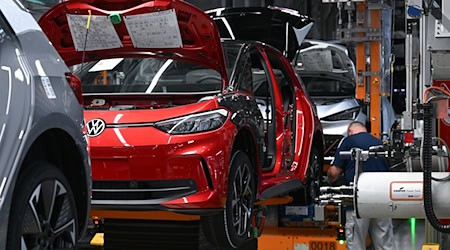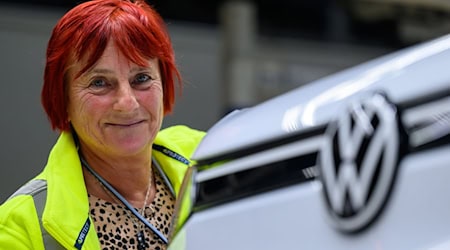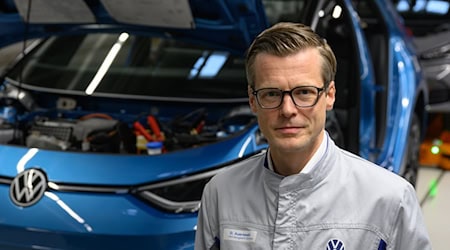Saxony's Minister President Michael Kretschmer (CDU) is urging "sensible" framework conditions for German industry in view of the crisis at the VW Group. "We are naturally concerned about Volkswagen," he said at a congress on the transformation of the automotive industry in Dresden.
He considers the "lead plant for electromobility" in Mosel near Zwickau to be relatively protected, which is "a unique selling point". With regard to the development of the automotive industry in Germany, he criticized that economic policy had become "an obstacle". "We need clarity and reliability here quickly, especially when it comes to energy prices."
Europe's largest car manufacturer recently announced that it would have to make significant savings in its core brand. The previously planned job cuts through partial retirement and severance payments were no longer sufficient. Plant closures and compulsory redundancies at the core VW brand are no longer ruled out. On Tuesday, the Group terminated the job guarantee that had been in place since 1994. This means that compulsory redundancies are possible from July 2025.
Kretschmer: VW plant in Zwickau is unique selling point
With the factory in Mosel and the Chemnitz engine plant, Kretschmer believes VW is "quite well positioned" in Saxony. But it needs security in terms of electricity prices and working conditions. Kretschmer criticized the abolition of the purchase premium for electric cars overnight, saying that this destroys trust "and in the end, consumers have documented this with their purchase decision."
The state government supports the transformation of the automotive industry, new paths, new business models, new technologies, said Kretschmer. "But things need to move faster when it comes to energy prices or charging infrastructure, the state needs to take a step back and set priorities." There are many technologies and innovations in the combustion engine sector that need to be given a chance.
Limiting ourselves to one technology "is certainly a mistake", said Kretschmer. "We need openness and breadth." In the end, it is the consumers, not the state, who decide "how we heat or which cars we drive".
Copyright 2024, dpa (www.dpa.de). All rights reserved

